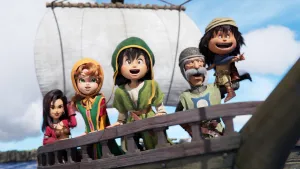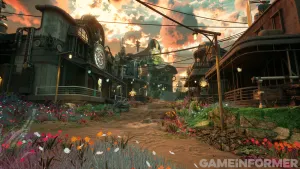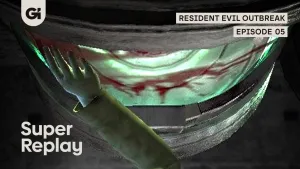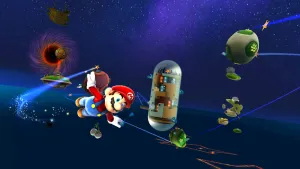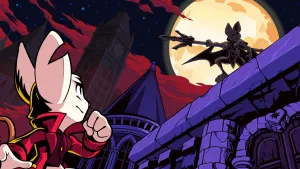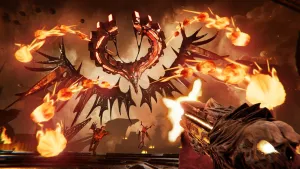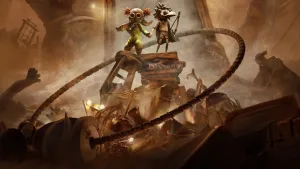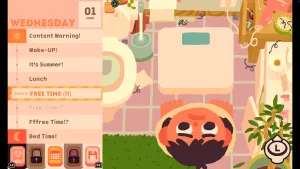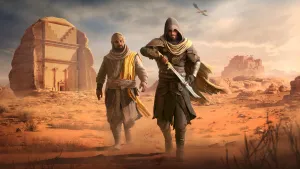Ubisoft CEO On Further Nintendo Development: 'We're In The Wait-And-See Phase'

We had the opportunity to catch up with Ubisoft CEO Yves Guillemot to discuss the company's plans moving into E3 and beyond. Fiscal year 2015 (ending on March 31 next year) is set to be one of significant recovery for the publisher.
When the company announced the delay of two major titles, Watch Dogs and The Crew, on October 15 of last year, it was clear that Ubisoft's financial standing would be affected. After closing with a deficit, the company is expecting major turnaround that's already being realized by huge early sales of Watch Dogs numbering over 4 million copies.
"[Delaying] was the right decision to take," says CEO Yves Guillemot. "You don't have that many opportunities to create new brands. The right timing is when there are new consoles coming. If you don't supply with the right quality, you can't create the brand. In pushing them, it gave us a chance to create something that we will be able to work on for years."
Unfortunately, some of the company's gambles haven't paid off. Ubisoft was a major supporter of the Wii U at the console's launch in 2012. The company is becoming more cautious about developing for Nintendo, though.
"Depending on the success of Nintendo's games, if the machine takes off, we'll do more," Guillemot says. "At the moment we're in the 'wait-and-see' phase, because we invested a lot at first. It didn't work out as much as we wanted, but we didn't lose everything. The fact that we could use the second screen and understand all the possibilities really helped." Experience with the Wii U gamepad has informed the development of Watch Dogs’ and The Division's second screen functions.
The disappointment of the Wii U launch left Guillemot feeling cautious about the PlayStation 4 and Xbox One. Those fears have been allayed, though. He tells us that he's very happy with the uptake in the new generation.
The company's commitment to cross-generation development is likely to begin winding down. While Far Cry 4 is coming to both generations, The Division and Rainbow 6 Siege are both slated for 2015 and new-gen only. We asked Guillemot about the costs of developing on both sets of platforms.
"A big percentage of sales of Watch Dogs were on next-gen (Xbox One and PS4)," he says. "We thought we would have more current gen. Those customers are quickly moving to the next generation."
Guillemot tells us that he underestimated the cost of developing for two additional platforms. "It's costing a bit more than I expected," he says. "I would say about 10 percent more. It's everything you do because of next-gen."
Building new experiences, like the seamless second screen options we've seen in Watch Dogs, are inflating expenses. Making those work with older consoles at the same time and ensuring that servers are operational (and remain so) for as many as six different platforms are driving costs upward on every project.
Ubisoft has also made some smart decisions, changing how it approaches engines. When we spoke with Guillemot at Gamescom, he told us that project teams were free to choose (or build) the engines they felt fit their visions. That lead to Anvil for Assassin's Creed, Disrupt for Watch Dogs, Snowdrop for The Division, and others.
He tells us that Ubisoft is now operating with three engines, not including UbiArt Framework. "We are pushing for using less and less engines," he says. "In the last few years, we've seen so many people going to the same engines. We are pushing for sharing between teams. Reuse is very important, and we're trying to maximize the use of the same engines."
